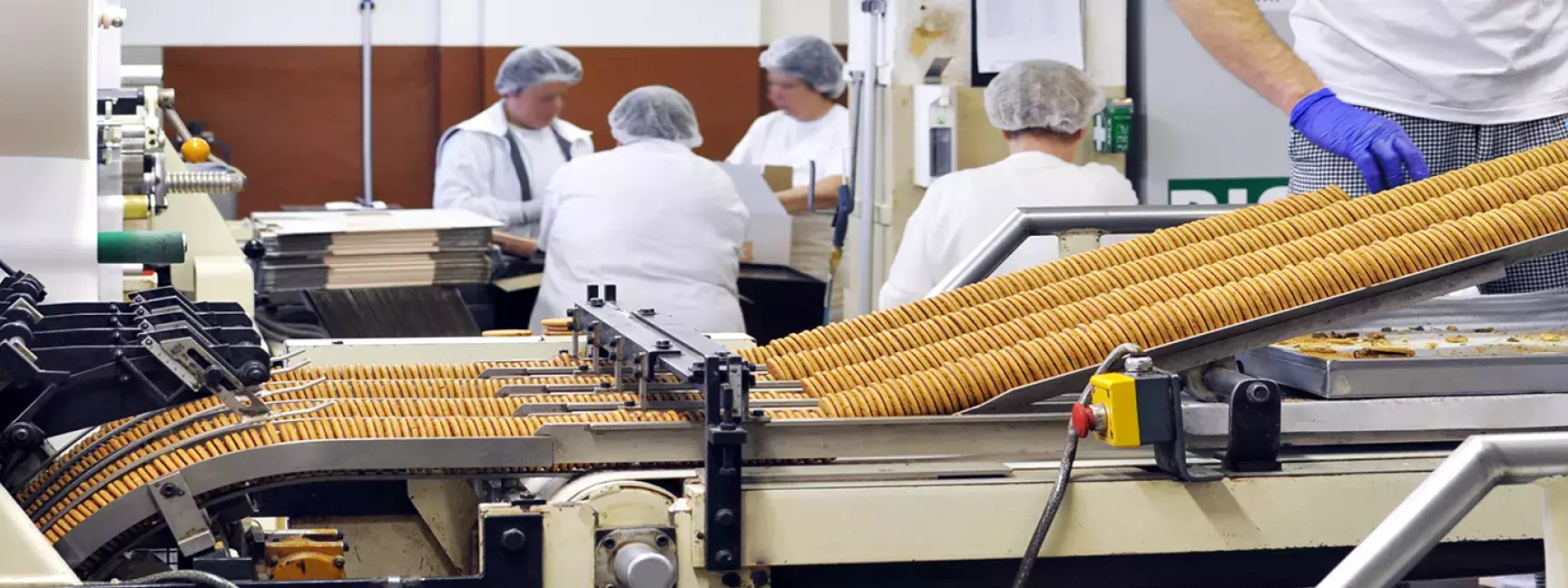
Sale-leaseback of three state-of-the-art food production facilities
Leading Food Manufacturer
W. P. Carey works with food manufacturer to unlock liquidity for reinvestment into its core business
Seller Description: Operating for over 40 years, the tenant is an established U.S. food manufacturer, providing both contract manufacturing and private label solutions. Serving over 130 customers, including many of the top 25 U.S. grocers, the company produces some of the most iconic and recognizable food brands in the country.
Total Investment: $89 million
Transaction Type: Sale-leaseback*
Location: Indiana and Kansas
Square Footage: 500,300 square feet
Facility Type: 3 food production sites
In 2020, W. P. Carey completed the $44 million sale-leaseback of two state-of-the-art food manufacturing facilities in Indiana. The facilities are master leased to an industry-leading food manufacturer for a term of 25 years with fixed annual rent escalations. To support continued growth and provide additional production capacity for the company, W. P. Carey also agreed to acquire a brand-new facility in Kansas for $45 million upon completion of construction, which occurred in December 2021. The new facility was built to LEED Silver certification standards and operates a waste reduction program to significantly decrease production waste from its processes.
Together, all three facilities comprise the entirety of the tenant's manufacturing footprint, underscoring the criticality of the assets to the company.
W. P. Carey has consistently been a reliable partner for us, so when this sale-leaseback opportunity emerged with a high-quality tenant, we immediately knew they would be the ideal investor. They had the capital and experience needed to get this deal done quickly and efficiently while meeting the needs of my client.
Andrew Sandquist, Vice Chairman, Newmark Knight Frank
*In a sale-leaseback, a company sells its real estate to an investor like W. P. Carey for cash and simultaneously enters into a long-term lease. In doing so, the company extracts 100% of the property’s value and converts an otherwise illiquid asset into working capital to reinvest in its business or pay down debt, while maintaining operational control.